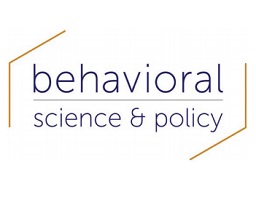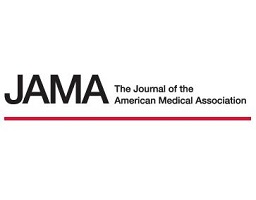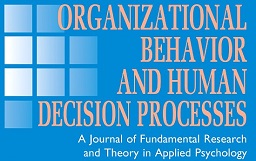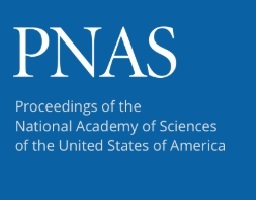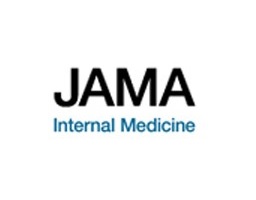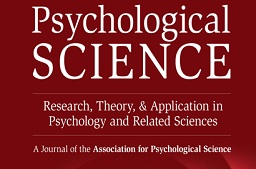Combating biased decision making and promoting justice and equal treatment.
Abstract This article draws on the behavioral science literature to offer empiricallydriven policy prescriptions that can reduce the effect of bias and ameliorateunequal treatment in policing, the criminal justice system, employment,and national security.
Combating biased decision making and promoting justice and equal treatment. Read More »
